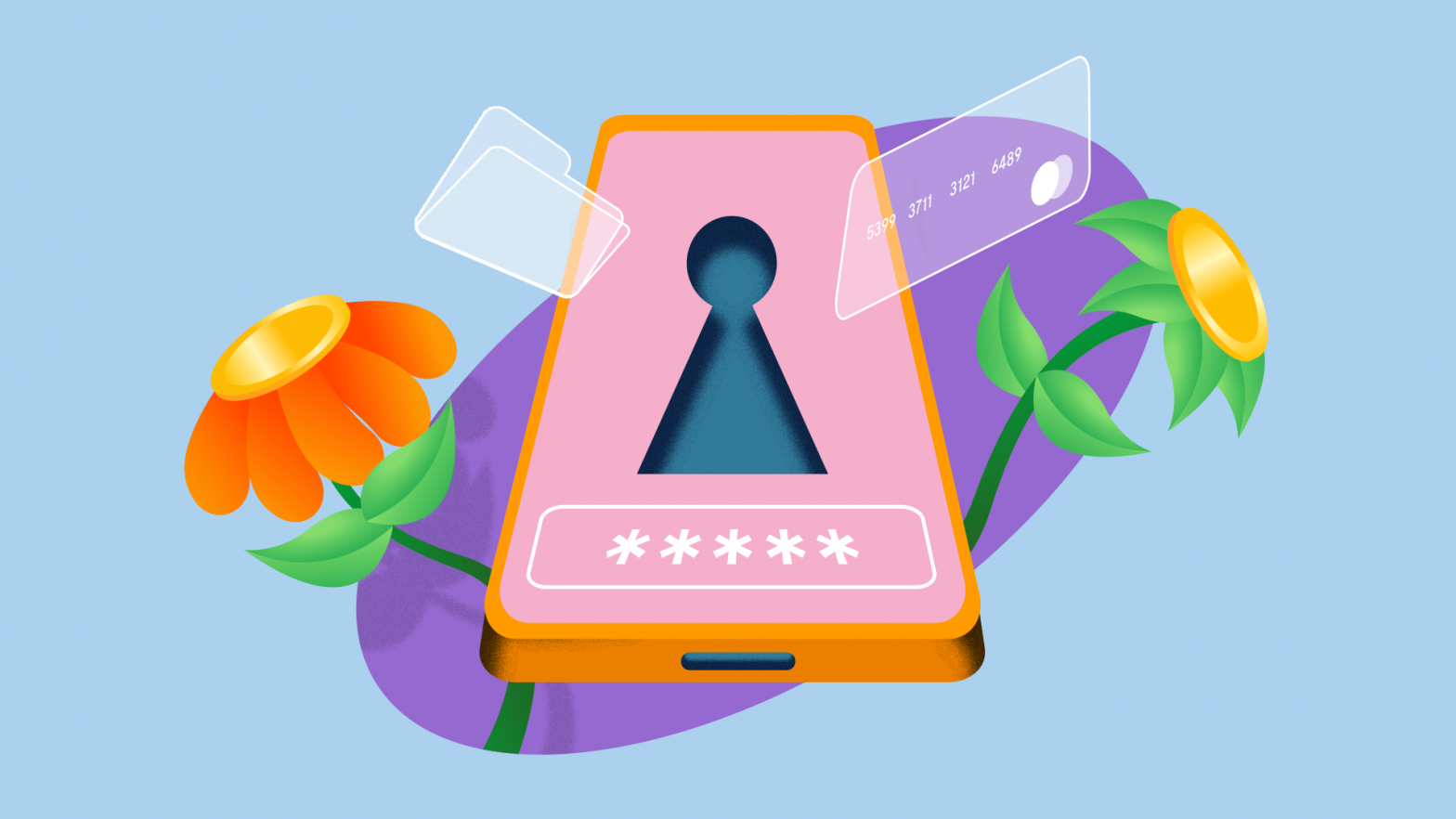In an interconnected world where buying and selling takes place online, convenience and trust is critical. It becomes increasingly important to learn various fraud tactics scammers use against unassuming victims who prefer to shop online.
This is even more important as the holiday season approaches, when bad actors (Scammers) are always looking to take advantage of end-of-year sales and discounts from reputable brands.
This holiday season, we are sharing with you twelve common scams to watch out for to keep you, your customers, and your personal information safe.
- Imposter Scams
Imposter scams involve someone pretending to be who they are not to gain access to sensitive information. These imposter scams can be sent over spam emails, texts, phone calls, or even in person. If it sounds too real, it probably is.
- Lottery Scams
There are many fake lottery jackpots, competitions, and sweepstakes throughout the festive season. Many will claim you’ve won a prize that requires you to provide personal information to enter a “contest,” etc. If you didn’t buy any lottery tickets, you probably didn’t win, don’t fall for it.
- Fake Loan Sites
Fake sites commonly offer financial assistance to applicants who complete an application request with little or no charged interest rates. Instead of going online for a loan, talk to your account officer/bank for a legitimate source of credit.
- Investment Fraud
Investment scams offer victims fake investment secrets to get high returns with little or no financial risk. Don’t invest without proper verification.
- Online Shopping Scam
Scammers take advantage of the increased shopping rate this season and pretend to be legitimate vendors. Always verify websites or social media pages, read reviews, and ask friends before making any purchases online.
- Vacation Scam
Lots of people travel this season, and there is always a significant increase in travel bookings. Don’t be too quick to jump into cheap deals. Always do your research before making a payment.
- Fake charities
Scammers prey on public sympathy or generosity by asking for donations to a worthy cause while camouflaging themselves as genuine charities. Ensure you confirm the legitimacy of any charity before donating.
- Social Media Scam
Scammers use hacked profiles to contact people’s friends and family via data breach and ask for money to promote a link to a fraudulent site they own. Make sure to verify any request for financial help online before proceeding.
- Fake Cheque Scams
A fake cheque scam involves the fraudster sending you a fake cheque and asking you to deposit it for them. They’ll offer a percentage of the money as a reward so you can send them the remaining face value of the cheque. Always verify the legitimacy of all cheques you get, especially unexpected ones.
- Gift Card Scam
Gift card scam occurs when fraudsters deceive their victims into buying a fake gift card through malicious mail/websites or trick them into revealing an original gift card number and PIN, which the scammers redeem immediately, such as Amazon, Visa, etc.
- POS Skimming
Many of us do a lot of shopping now, which often leads to higher cash demands. While trying to avoid long queues at the ATM, we use POS. Scammers use card skimming devices to steal cardholder information and also defraud people. Watch out for any signs of irregularities before using POS.
- Phishing emails or texts
Phishing is a cybercrime in which customers are contacted by email, telephone, or text message by someone posing as a legitimate institution to trick them into providing sensitive data such as personal information, credit card details, and passwords.
Here are some tips to avoid being a victim of Fraud this Festive Season
- Use strong passwords, and enable two-factor authentication on all social media platforms
- Do not open messages or suspicious files you do not expect to receive
- Double-check website addresses before purchasing any items
- Be vigilant about how you share personal information online and the information you provide.
- Always make proper verifications of everything that involves money.
We hope this information helps you stay safe during the holiday season. If you have any concerns or questions, please don’t hesitate to contact us at [email protected].
